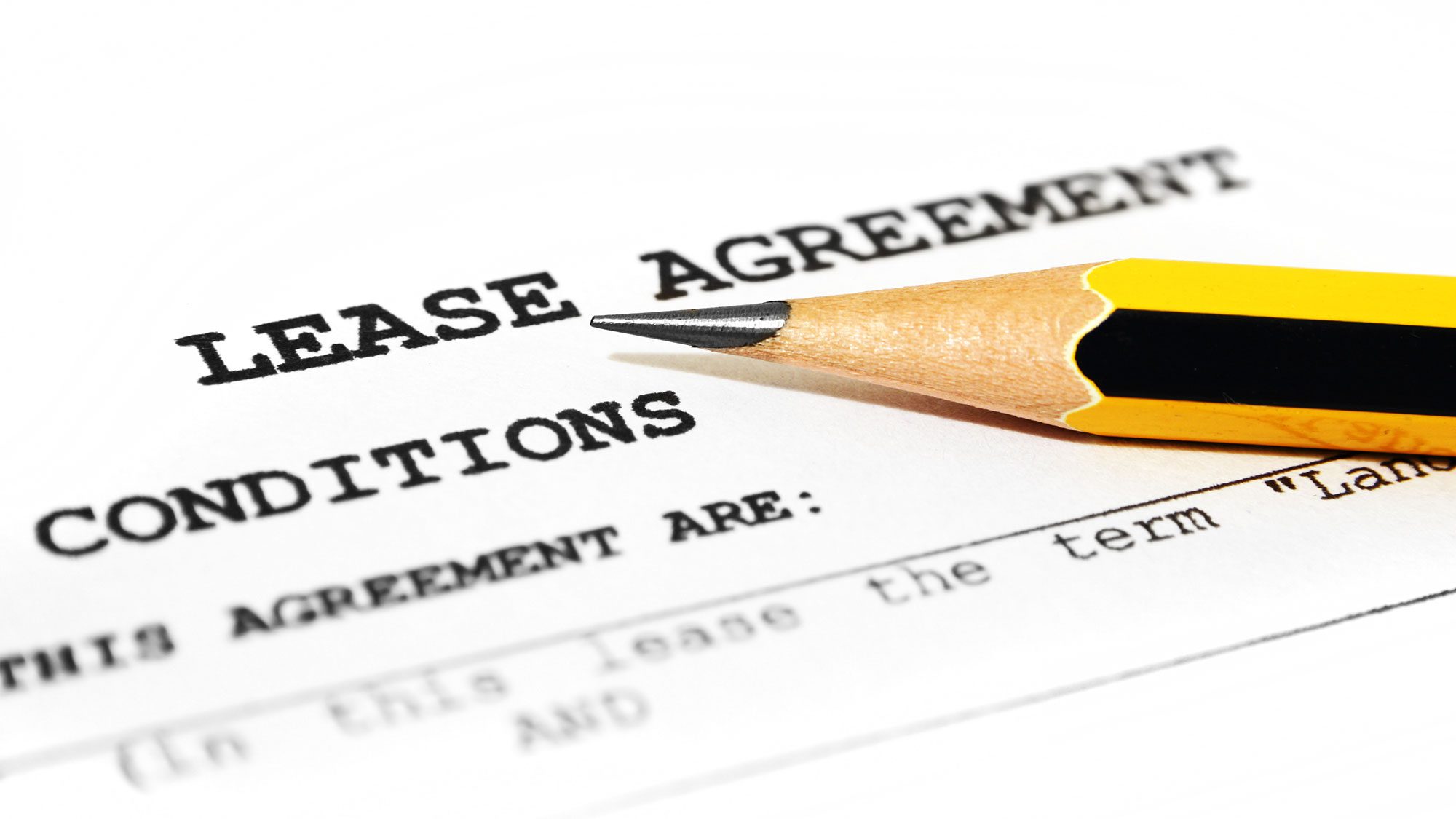How to Break a Lease: What Tenants and Landlords Can (and Cannot) Do

How to Break a Lease: What Tenants and Landlords Can (and Cannot) Do.
No one is considering how to break a lease and relishing it—whether it’s the renter or the landlord. Unfortunately life and rental laws don’t always coincide.

alexskopje/iStock
No one is considering how to break a lease agreement and relishing it—whether it’s the renter or the landlord. But unfortunately, life and rental laws don’t always coincide.
Maybe you, as the tenant, have been transferred to another state for work. Maybe you’ve met the love of your life and decide to shack up together (congrats!), or perhaps your parents have fallen ill and you need to move closer to them.
Any of these situations—and plenty more—might mean you may have to break a lease agreement. And what would happen if you do?
You may have heard horror stories of lease-terminating tenants being made to pay rent for the rest of the agreement, or maybe you’ve heard of tenants scrambling to sublet their place, because it’s their only way to get out of their rent agreement without major fines.
Below are some hints and tips for tenants who need to get out of an agreement, and advice on how to handle this sticky scenario.
How to break a lease
If you, as the tenant, find yourself needing to break a lease, your first step should be to read the lease (and the termination clause) again—carefully.
You could get lucky: Some leases have an “opt-out” clause, meaning that breaking a lease is as simple as paying a previously agreed-upon fee, along with your last month’s rent.
Depending on the amount specified, it might make sense for the tenant simply to pay the rental termination penalty and then make a clean break, says David Reiss, academic programs director for the Center for Urban Business Entrepreneurship at Brooklyn Law School.
Then again, you may not be so lucky. Some leases will say that a tenant is responsible for the rent due for the remainder of the term of the lease. And if you’re terminating at the beginning of the lease, this could mean a lot of rent money.
Still, even in this worst-case scenario, a tenant may have some wiggle room based on how magnanimous the landlord is.
Talk to your landlord
If there is no opting out, or the fees are too steep for you to absorb, it will probably behoove you to speak directly with your landlord or rental company if you intend to break a lease.
“Your landlord may be willing to let you out of the lease early,” says Reiss. “You could also try to negotiate a lower amount for early termination than the lease calls for, by forfeiting your security deposit.”
All in all, it never hurts to ask (and pray you catch your landlords in a good mood). It’s possible they may not mind some tenants breaking their leases, since this would make it possible for them to raise the rent sooner. You won’t know until you ask.
Find a new tenant
Another option is to offer to help your landlord find a new tenant for your home before actually breaking the lease.
“It generally is not allowed without landlord consent, but you can discuss it with your management to see if they would consent to a sublease and under what terms,” says Reiss.
After all, if there’s still a tenant in the space, and your landlord is still collecting rent, the landlord might be able to live with it.
Keep in mind that you may also need to check local laws that may be applicable to sublet agreements. Don’t think about subletting a place to a new tenant if your local laws forbid it, or you might find yourself in more trouble than you would have run into if you had simply terminated your lease.
There’s also the matter of subletting to someone who will be a good tenant. If the new tenants who take your place don’t pay rent, you could be liable for their payments.
If it is allowable, you might try a site like Flip, where renters can post leases they need to break, and are seeking out qualified renters who are looking for someplace to live.
Breaking a lease no-nos
The one thing you absolutely cannot do without legal ramifications is just walk out and stop paying your rent.
Breaking a lease and walking off will probably not mean trading your apartment for a cell with bars (it’s a civil, not criminal, matter), but Reiss warns that it could get you in a lot of financial hot water if you handle it incorrectly.
“You cannot be arrested for nonpayment of rent—unless you live in 19th-century London—but you can be sued in court; have a judgment against you; have your wages garnished; and [have] liens placed on your property to satisfy the judgment,” says Reiss.
And did we mention that breaking a lease this way will mess up your credit scores? It will mess up your credit scores.
That said, there are a couple of cases where a tenant could terminate a lease without consequences, but they’re extenuating circumstances.
“If the apartment becomes unlivable—for instance, no heat in the winter—you could argue that you have been constructively evicted from the unit,” says Reiss. “Also, some states allow domestic violence survivors to break a lease in order to ensure their safety.”
The post How to Break a Lease: What Tenants and Landlords Can (and Cannot) Do appeared first on Real Estate News & Insights | realtor.com®.
